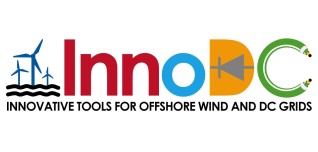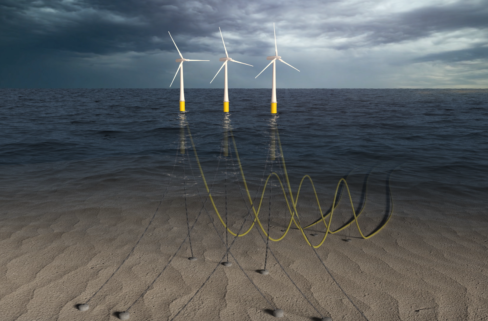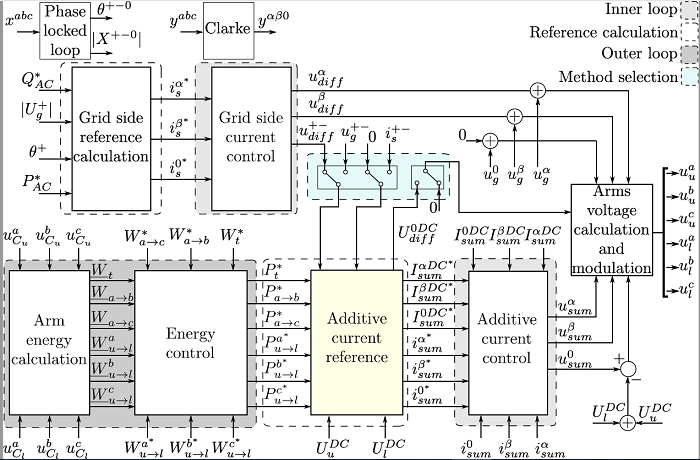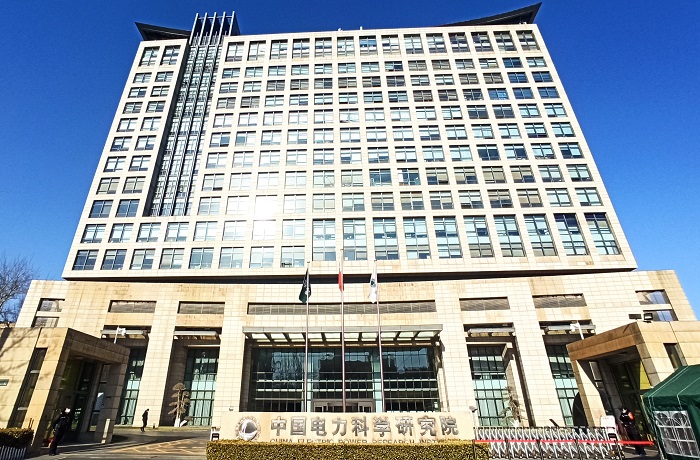InnoDC’s researchers have been completing their secondments and publishing more research.
| Reliability and Economic Evaluation of Offshore Wind Power DC Collection Systems. Energies. Authors: Ruijuan Sun, Gayan Abeynayake, Jun Liang and Kewen Wang. One directive to realise global transition towards net-zero emissions is to generate energy through renewable energy resources. Offshore wind farms (OWFs) can potentially generate more energy at a steadier rate than their onshore counterpart, thanks to higher and more consistent wind speeds. At present, all OWFs use alternating current technology at collection system level. However, direct current (DC) technology is beneficial due to increased single wind-turbine capacity and longer distances to shore. There are various DC collection system topologies (layouts). So which one to choose? This paper looks at four types: three Radial (tree-shaped) with varying collection system designs, and a Series-Parallel (turbine lines running alongside each other). It proposes a comprehensive analytical reliability evaluation method, taking economic factors into account. It concludes the Radial with a single collection system platform is the best option, as it is the most reliable and economical. |
| Improved current reference calculation for MMCs internal energy balancing control. IEEE Transactions on Power Delivery. Authors: Daniel Westerman Spier, Eduardo Prieto-Araujo, Joaquim Lopéz-Mestre and Oriol Gomis-Bellmunt. With power systems handling increased renewable energy, Voltage Source Converters (VSC) for High Voltage Direct Current (HVDC) are more frequently used, particularly for long transmission links and cable lines. The modular multilevel converter (MMC) has become the preferred converter choice for VSC-HVDC applications due to its interesting characteristics. Compared to classic two- and three-level converters, controlling the MMC is more complex, since it has additional degrees of freedom to improve the converter performance. This paper addresses an improved inner current reference calculation to be employed in the control of MMCs operating during balanced or unbalanced AC network voltage conditions. See 2nd image above. The proposed method is derived based on the different AC and DC voltage components applied to the converter’s upper and lower arms. Another issue discussed is that singular voltage conditions – where the positive-sequence component is equal to the negative one – may occur, not only in the AC network, but also internally (within the converter’s applied voltages). The results indicate the approach can keep the converter’s internal energy balanced, both under normal and fault scenarios. For the full list of InnoDC’s research papers, visit the Journals page. |
| Despite the travel restrictions, InnoDC’s researchers successfully completed secondments in 2021. Read about them by clicking on the links: ~ Jovana Dakic at Vattenfall: worked on her PhD tool’s validation. ~ Peng Yang at Cinergia: focused on modelling in power electronic converters. ~ Luis Orellana at Toshiba: extended his work on grid-following to grid-forming control schemes. ~ Gayan Abeynayake at KU Leuven: continued collaborative research into OWF availability assessments. ~ Saman Dadjo Tavakoli at Red Eléctrica de España (REE): developed control system design and evaluation. ~ Wei Liu at China Electric Power Research Institute (3rd image above): based in the Renewable Energy Integration Department, he tested MMC based models. Read about all the secondments which have taken place since 2018. |



